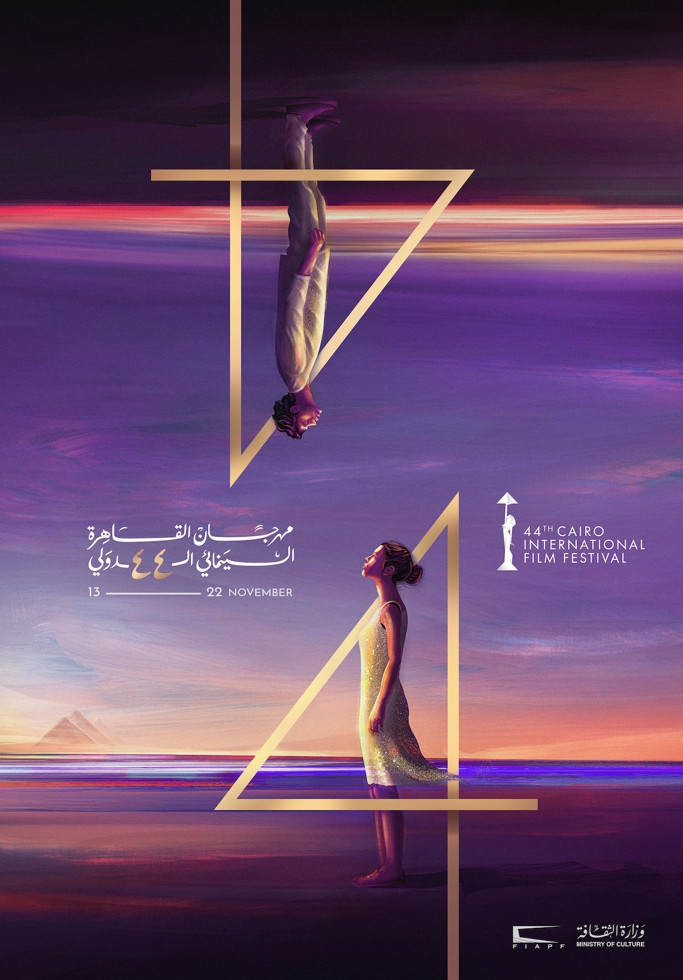Cairo International Film Festival (CIFF) has taken very successful steps in the previous editions in cementing its position as one of the important platforms in the film industry in the Arab region. Hence I would like to offer my appreciation to the esteemed former festival presidents and their staff members.

The urgent question that I posed and liked to discuss with the CIFF team at the beginning of defining the features of the 44th edition was: Where do we go from here? How can the festival take new steps, in particular, in light of an artistic scene dominated by the specter of a world war that has changed the global economic landscape and directly affected us locally?
Hence the basic concept of our course, which the official poster of the festival sheds light on: cinema as a bridge between cultures. Indeed, war and politics divide, nevertheless art heals the wounds created by conflict and eventually becomes a language with an alphabet known and belonging to everyone.
It was also not possible for the local interest in the environment to go unnoticed, especially since environmental issues have become an urgent question discussed in several international festivals such as the Cannes Film Festival. We made an effort to pay special attention to the environment in our work as a film festival crew with tangible effort that makes a difference. The first step was to tackle the festival’s usage of paper. Therefore we decided to reduce the number of annual publications and focus on quality, not quantity, which is what this edition is all about. We invite our dear festival guests to work with us to maintain and promote environmentally friendly behavior, with regard to reducing the use of plastic and paper products as much as possible.
Finally, and in a step that we hope will be the beginning of a long-term project and role for the festival, we have decided to honor and preserve the rich history of Egyptian cinema by restoring two important films by prestigious late directors: Tawfiq Saleh’s Yawmiyyat Na’ib Fl Aryaf (Diary of a Country Prosecutor, 1969) and Ali Abdel Khaleq’s Ughnia ala al-Mamar (Passageway Song, 1972). The restored versions of the films will be screened as part of the festival’s programme.
We have tried to achieve many ambitions this edition, hoping that the challenges of this difficult year will not stop us. We thank all the partners and sponsors of the festival for their support, and we hope that the edition will be as much as everyone expects from us.






